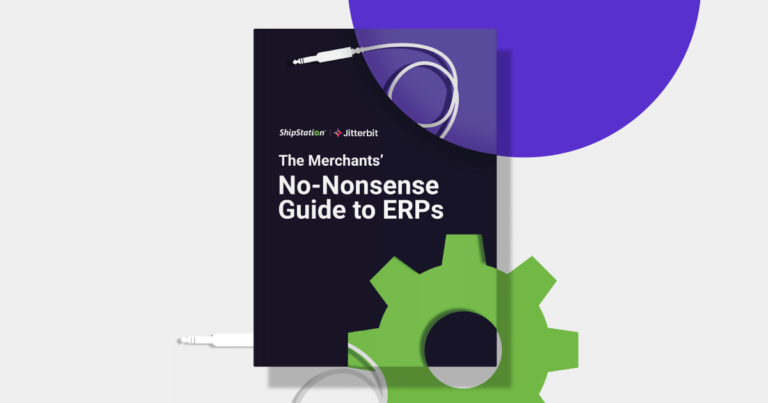Are You Looking for a New E-Commerce Platform?
If you’re looking for a new e-commerce platform for your business, you’re not alone. According to the Internet Retailer Quintessential Guide to E-Commerce Platforms, nearly half of all online retailers are looking for new ways to expand their business! In fact, 48% of those surveyed are either in the midst of a change or are planning to switch platforms within the next two years.
Why are so many businesses going to the trouble of choosing a new e-commerce platform?
A better platform improves your chances of success
According to this article from Practical Ecommerce on why e-commerce businesses fail, one major reason is a bad website. As author Armando Roggio explains, “…there are many excellent e-commerce platforms from which to choose. Many of these require very little technical expertise, so there really is no excuse for having a bad site.” His definition of a great site?
“A modern ecommerce site must be secure, functional, have great search, adapt to mobile devices, and load very quickly. Anything less is unacceptable.”
Are you handling your website platform in-house? Do you have the time, energy, and technical expertise to make sure your website meets the criteria listed above? The economies of scale suggest that outsourcing it to a new platform might give you better, more reliable performance at a lower cost than trying to do it all yourself.
Outgrowing your current service is a good thing
Another reason successful companies are looking for a change is the one new businesses look forward to — they’ve outgrown their current service! A more powerful platform can handle that increased business and leave room for your business to expand even more.
The Software as a Service advantage
Many businesses looking to switch consider a Software as a Service (SaaS) platform. Being able to leave the software hosting to someone else is an appealing option for companies who would rather spend their time and energy on their own products rather than on the mysteries of software, SEO, and cyberspace.
If your company is relatively small (but growing!), an SaaS is particularly appealing. This type of ‘on-demand software’ lets you focus your attention where it belongs — on growing your business rather than improving your software skills.
How an SaaS works
There’s no need to install or maintain software; these centrally hosted platforms only require a web browser and a subscription to have your e-commerce business up and running. ShipStation is SaaS software, and so are many of our partners, including Shopify, BigCommerce, and Magento.
Saas e-commerce platforms, especially those targeted to smaller online retailers (such as Shopify), offer easy-to-use software, a variety of mobile-friendly themes, integrations with other useful software (such as ShipStation, Live Chat and Quickbooks) and customer support, for a low monthly fee.
Keeping things fresh and exciting
Updating your site with fresh, new content is easy with one of these new platforms.
While there are many folks who can help you make changes for a fee, often you can update your Saas-based online store yourself. Changing pricing, products, adding content and making seasonal adjustments can take minutes, instead of weeks to get someone to make coding changes.
Choosing the best platform
There is no one best platform for every type of business. Your business size, industry, product selection, and goals will determine the best platform for you. You’ll also want to consider how a platform meets your growth, scalability, customization, integration, and mobile commerce needs.
A good starting point to determine which platform is a good fit is to check out some quick comparison charts, like this one from eCommercePlatforms.
Ultimately, choosing an e-commerce platform that fits your business needs will ensure that your Website offers the best possible customer experience.


